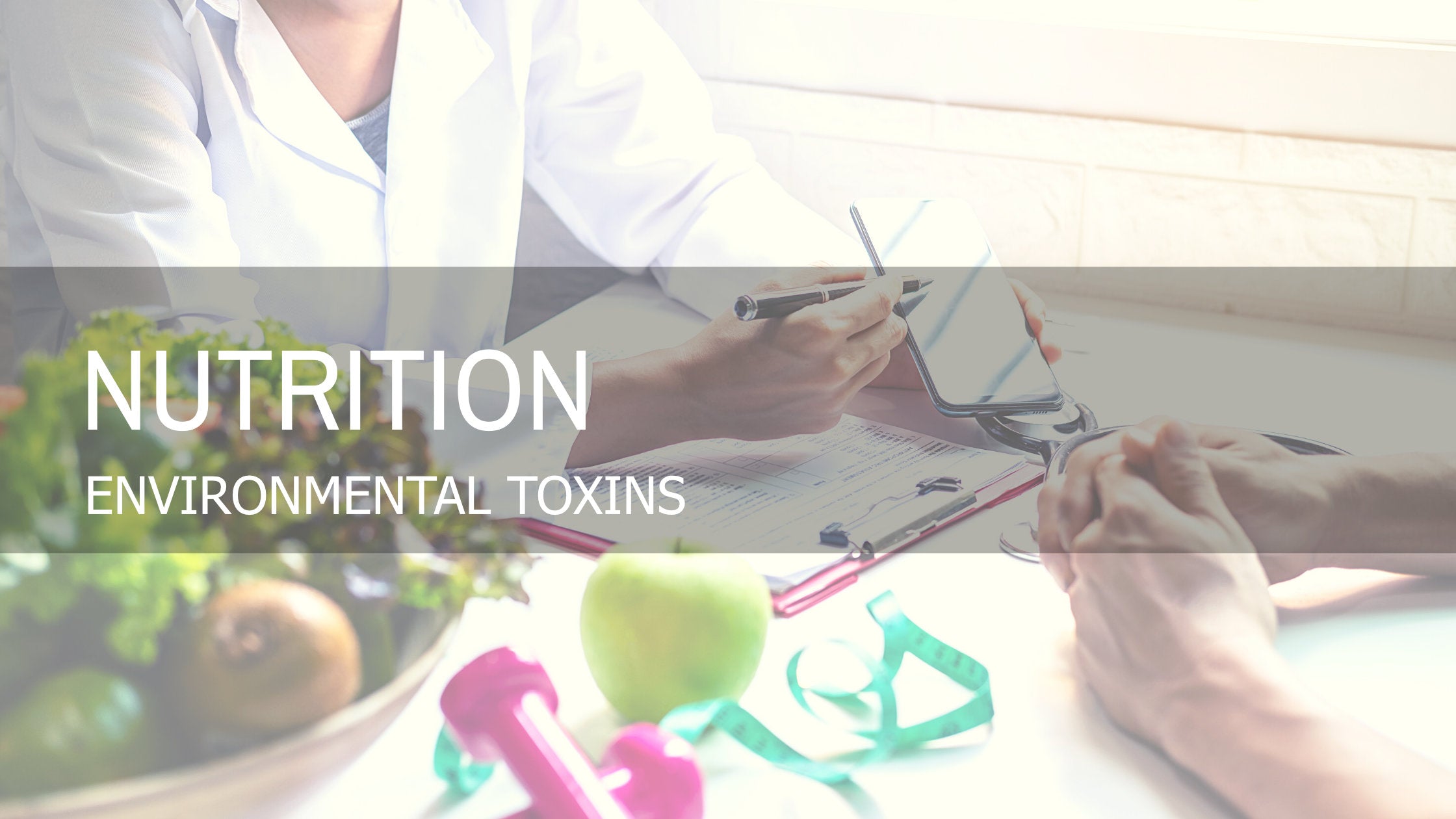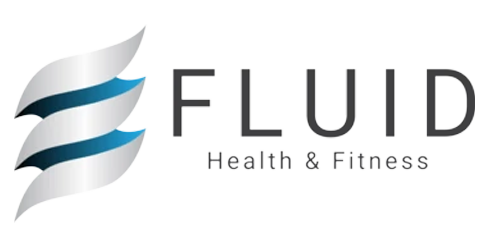
Jun 03 , 2021
0 Comments
Physical Contributors to Stress | Environmental Toxins
Physical Contributors to Stress: Environmental Toxins
Being aware of potential toxins that can be encountered throughout the day can make it easier to avoid some and build up defenses to other with lifestyle choices.
Into to Environmental Toxins:
It is important to know that there are many different environmental toxins that a person will encounter daily. Some of these are out of a person’s control, but a good number of them are personal choices and can be avoided by making lifestyle changes. Toxins that are a result of personal choices include chemicals in personal products, chemicals in cleaning products, certain food/beverage consumption, cigarettes and other carcinogens. Toxins that may be out of personal control can include chemicals in the environment that are produced by factories, cars, environmental destruction, etc.
Personal Choice Toxins:
There are many toxins that are encountered during the day that are a result of personal/lifestyle choices. This includes cigarette smoke, household products and concerns from certain food/beverage choices. Cigarette smoke is one of the most common and toxic indoor air pollutants. Smoking or even inhaling second hand smoke can increase the risk of heart attack, lung cancer and stroke. Avoiding situations where cigarette smoke is present is the best way to eliminate this toxin. Many household products contain potentially hazardous chemicals. Some can be toxic and in sufficient doses can cause eye and respiratory problems, headaches, dizziness, visual problems and memory impairment. Take care when using products that contain methylene chloride or benzene, follow instructions on labels, open widows when using or use environmentally safe products. There are many toxins that can enter the body through food and beverage intake including mercury and pesticides. Mercury consumption can result in severe brain, kidney and immune system damage and sources include food grown near industrial sites and certain sea food (especially larger fish). Pesticides are a broad class of chemicals which can cause both acute and chronic illnesses. Many pesticides can be avoided through growing your own produce and purchasing locally sourced, organic or “best practice” foods.
Toxins out of Personal Control:
Some of the most common and concerning toxins that may be out of personal control include both indoor and outdoor air pollution, as well as bacteria, mold, viruses and other biological contaminants. Indoor air pollution can affect people just about anywhere and can increase the risk of respiratory diseases, such as asthma, allergies and lung cancer. The 3 most common pollutants found in homes are formaldehyde, acrolein and tiny respiratory particles. Outdoor air pollution is caused by car exhaust, factory emissions, forest fires, etc. Pollutants that are of major concern include particulate matter, carbon monoxide, ozone, nitrogen dioxide and sulfur dioxide; all of which can cause respiratory and other diseases, some of which can be fatal. Bacterial and molds can breed in stagnant water that builds up in humidifiers, drain pans and ducts or where water collects on carpet, ceiling tiles and insulation. Some viruses can survive on household surfaces, such as counters or floors. Take precautions including cleaning surfaces regularly, ensure adequate ventilation in the house and avoid letting stagnant water sit for extended periods of time.
What Can Be Done?
It is important to be aware of the many different environmental toxins that can be encountered throughout the day. Being aware of these toxins and knowing how to either avoid them or lessen their effects, means having the tools to be able to make more informed lifestyle choices. Many of the toxins that are encountered daily are due to personal choices and can be avoided by making lifestyle changes. Take a good look at the daily products being used and consumed in your household. Positive changes to make would include:
- Swapping out cleaning products for more environmentally friendly/less toxic alternatives.
- Avoiding using personal hygiene products that have harmful chemicals.
- Avoid consuming foods that are grown or raised with heavy pesticides or antibiotics.
- Avoid areas/situations with heavy cigarette/cigar smoke.
For toxins in the environment that may be out of your control, it is about making sure the body is properly fueled and physically fit to best deal with the impact of these toxins. Prepare yourself by:
- Making sure that there is no stagnant water around your house that could encourage bacteria, mold or virus growth and regularly clean heavily used surfaces.
- Keeping physically active without overtraining, to make sure your body is strong enough to fight off the effects of toxins in the environment.
- Feeding your body properly with a balanced diet made up mainly of whole foods. This will ensure that your body is getting all the necessary building blocks to function properly and fight off unwanted invaders.
Goals
- Awareness:
- The first step is always to be aware of what potential toxins you may encounter each day.
- Take a good look at the daily products being used and consumed in your household.
- Note any potential toxins.
- Make a change:
- .Pick at least one product that you use in your house that contains potential toxins and replace it with a healthier and more environmentally friendly alternative.
- If you are feeling confident, go partially or even fully green by changing most or all your daily products to healthier/environmentally friendly alternatives.
- Prepare your body:
- .Make sure you are getting at least 150 minutes a week of moderate exercise as well as weight bearing activities at least 2x per week.
- Use your fit plate to ensure you are following a balance diet, based mainly in whole foods.
- Use a food tracking app, such as chronometer, to track your intake and check for any holes or deficiencies in your diet.



